Jean-Paul DELEVOYE, President, Economic, Social and Environmental Council (ESEC)
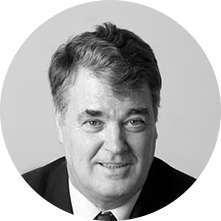
General Counsel of (the) Pas-de-Calais from 1980 to 2001, Jean-Paul Delevoye was also Mayor of Bapaume from 1982 to 2014 and Chairman of the Community of Municipalities of Bapaume from 1992 to 2014.
Deputy of (the) Pas-de-Calais from 1986 to 1988, he was in 1986 Steering Committee member of the Association of Mayors of France (AMF), and Chairman of the Finance Committee. He was also Chairman of the AMF from 1992 to 2002.
Senator of Pas-de-Calais from 1992 to 2002, chairman of the Senator-mayor’s group at the Senate, he led the report "Social Cohesion and Territory" for the Planning Commission in 1999. He chaired the Senate information mission which assessed the process of decentralization and to proposed improvements to facilitate the exercise of local powers in 1999-2000. He also led the Department of Justice task force mandated to work on the criminal responsibility of policy makers. In 1998, he took part in the study "For a comprehensive approach to the time of the child: the testing of school timetables."
Minister of Civil Service, State Reform and Regional Planning from 2002 to 2004, he has initiated the reform of (the) ENA and the retirement of civil servants. He was appointed Ombudsman by the President of the Republic in April 2004, a position he held until March 31, 2011.
Jean-Paul Delevoye was elected President of the Economic Social and Environmental Council on November 16, 2010.
Antoine FREROT, Chairman and Chief Executive Officer, Veolia
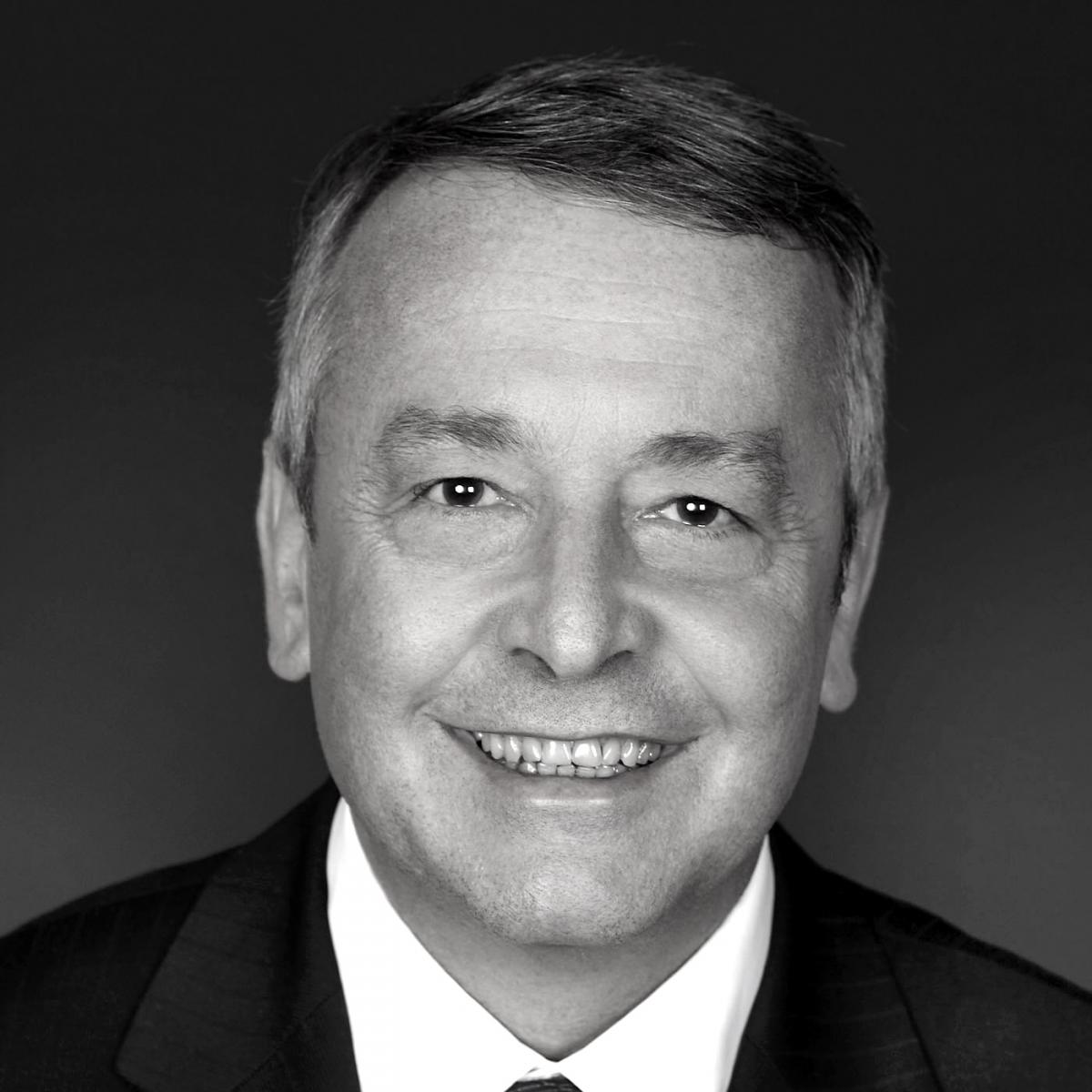
In 1983, he joined the Center for Study and Research of the École Nationale des Ponts and Chaussées as project manager and served as assistant director from 1984 to 1988. From 1988 to 1990, he was in charge of financial operations at Crédit National.
In 1990, Mr. Frérot joined Compagnie Générale des Eaux as an official representative and, in 1995, became Chief Executive Officer of CGEA Transport.
In 2000, he was appointed Chief Executive Officer of CONNEX, the Transport Division of Vivendi Environnement, and member of the Vivendi Environnement board. In January 2003, Mr. Frérot was appointed Chief Executive Officer of Veolia Eau, the Water Division of Veolia Environnement, and Senior Executive Vice President of Veolia Environnement. In November 2009, he became Chief Executive Officer, and in December 2010, Chairman and Chief Executive Officer of Veolia Environnement.
Dr RAMANATHAN, Professor of Atmospheric and Climate Sciences at the Scripps Institution of Oceanography
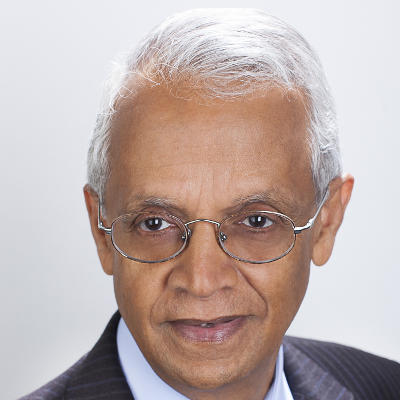
He is now serving in Pope Francis’ Council for the Pontifical Academy of Sciences. Through numerous meetings and summits he helped organize on behalf of Pope Francis at Vatican, an Alliance between Science, religion and policy is emerging with a potential for a transformative effect on the global efforts to slow down climate change.
He was honored as the 2013 Champion of Earth for Science and Innovation by the United Nations and named as the 2014 Global Thinker by the US Foreign Policy. He has been elected to the National Academy of Science, the Royal Swedish Academy of Sciences, the American Philosophical society and has won numerous other honors.
Benjamin DESSUS, President, Global Change
Benjamin Dessus is a telecommunications engineer with a PhD in economics. He began his career as a physicist at the Laboratories de Marcoussis research center, subsequently joining EDF’s Research and Development department, where he focused on the construction of the Themis solar power tower. He then became Director of research and technical activities at ADEME, the French Environment and Energy Management Agency, before taking charge of the Ecodev program “Technologies for Sustainable Development” at the CNRS, and currently chairs the NPO Global Chance. He was a member of the first scientific committee of the Global Environment Facility and, for 8 years, president of the Scientific Committee of its French counterpart, the FFEM (Fonds français pour l’environnement mondial).
Benjamin Dessus has written many books and articles on energy and on the fight against global warming. He also co-authored—with Jean-Michel Charpin, France’s Commissioner for Planning, and René Pellat, High Commissioner for Atomic Energy—a report entitled “Etude économique prospective de la filière électrique nucléaire” (Economic forecast study of the nuclear power option) which was submitted to the prime minister in July 2001.
- Peut-on sauver notre planète sans changer nos modes de vie ? B. Dessus, S. David, Editions Prométhée 2010
- En finir avec le nucléaire : pourquoi et comment, B. Dessus, B. Laponche, Editions du Seuil, Oct 2011
- Déchiffrer l’énergie, Ed. Belin 2014
- Reducing Methane Emissions: The Other Climate Change Challenge, B. Dessus B. Laponche, Working paper AFD 2008 DT 68
- Les gaz de schiste : enjeux et questions pour le développement, Benjamin Dessus (Global Chance) Working paper AFD 2014 DT 142
Carolyn OPIO, Livestock Policy Officer, Food and Agriculture Organization of the United Nations (FAO)
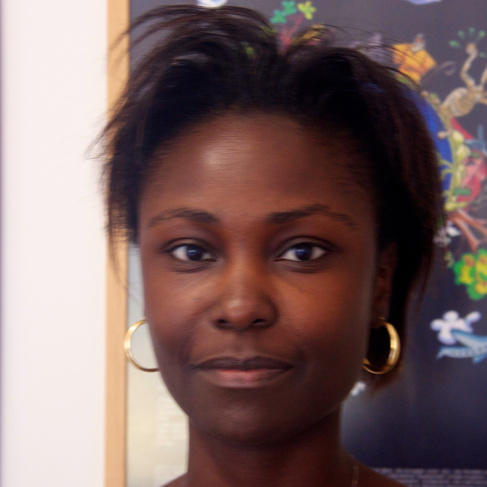
She is attached to the Livestock Information, Sector Analysis and Policy Branch within the Animal and Health Division. Her work has focused on analysis of trends within the livestock sector and the impacts of ongoing global trends on the sector; the role of livestock in nutrition, the assessment of the livestock and environment interactions such as climate change particularly focusing on the sector’s contribution to GHG emissions.
Over the past years, Ms. Opio has also been directly involved in key global analyses and writing of three major publications on the livestock sector: “Livestock's long shadow - Environmental issues and options” (2006); “State of Food and Agriculture 2009: Livestock in the balance”, and “Livestock in a changing landscape: drivers, consequences and responses” (2010) and more recently “Tackling climate change through livestock: a global assessment of emissions and mitigation opportunities.”
Ms. Opio currently leads the implementation of a project funded by the Climate and Clean Air Coalition on Enteric Methane and is involved in the implementation of the Livestock and Manure Management project.
She is also coordinator of the Livestock Environmental Assessment and Performance (LEAP) Partnership hosted by FAO and lead by livestock stakeholders.
Reiner WASSMANN, expert in climate change IRRI/CGIAR
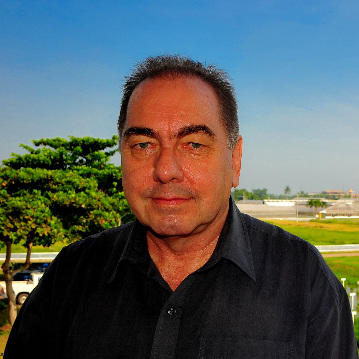
In 2010, Reiner was an integrated Expert at IRRI (funded by GTZ, Center for International Migration and Development). Previously, from 1991 to 2009 he was placed on extended secondments as Internationally Recruited Scientist to IRRI (ca. 12 years in total). From 1987 to 2009, he was a scientific staff member at Fraunhofer Institute for Atmospheric Environmental Research, Garmisch-Partenkirchen and Institute for Meteorology and Climate Research of Karlsruhe Institute of Technology (at outpost Garmisch-Partenkirchen).
During his career Reiner has been distinguished for the quality of its expertise. Since 2005, he is member of the Editorial Board of Nutrient Cycling in Agroecosystems. He was also one of the co-authors of the revised IPCC Guidelines (Intergovernmental Panel on Climate Change), "National Greenhouse Gas Inventories Guidelines: Agriculture, Forestry, and Other Land Use" (2004-2006) published in 2007; recognition after IPCC Nobel Prize awarding.
Drew NELSON, Representative for the Oil and Gas Methane Partnership, Environmental Defense Fund
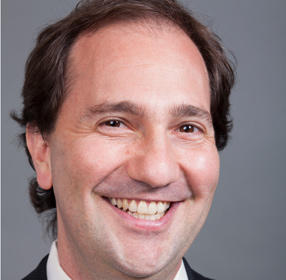
Prior to joining EDF, Drew worked for the U.S. Department of State on the international climate negotiations. At the State Department, Drew was the lead negotiator on a variety of issues, including deploying clean technologies, reducing emissions from international aviation, and developing international sustainability criteria for biofuels.
Drew also worked at the EPA in the Office of Air and Radiation.
Drew has a joint masters in Policy and Latin American Studies from the University of Texas, with a concentration in environmental policy
Jean BOGNER, Research professor, University of Illinois at Chicago
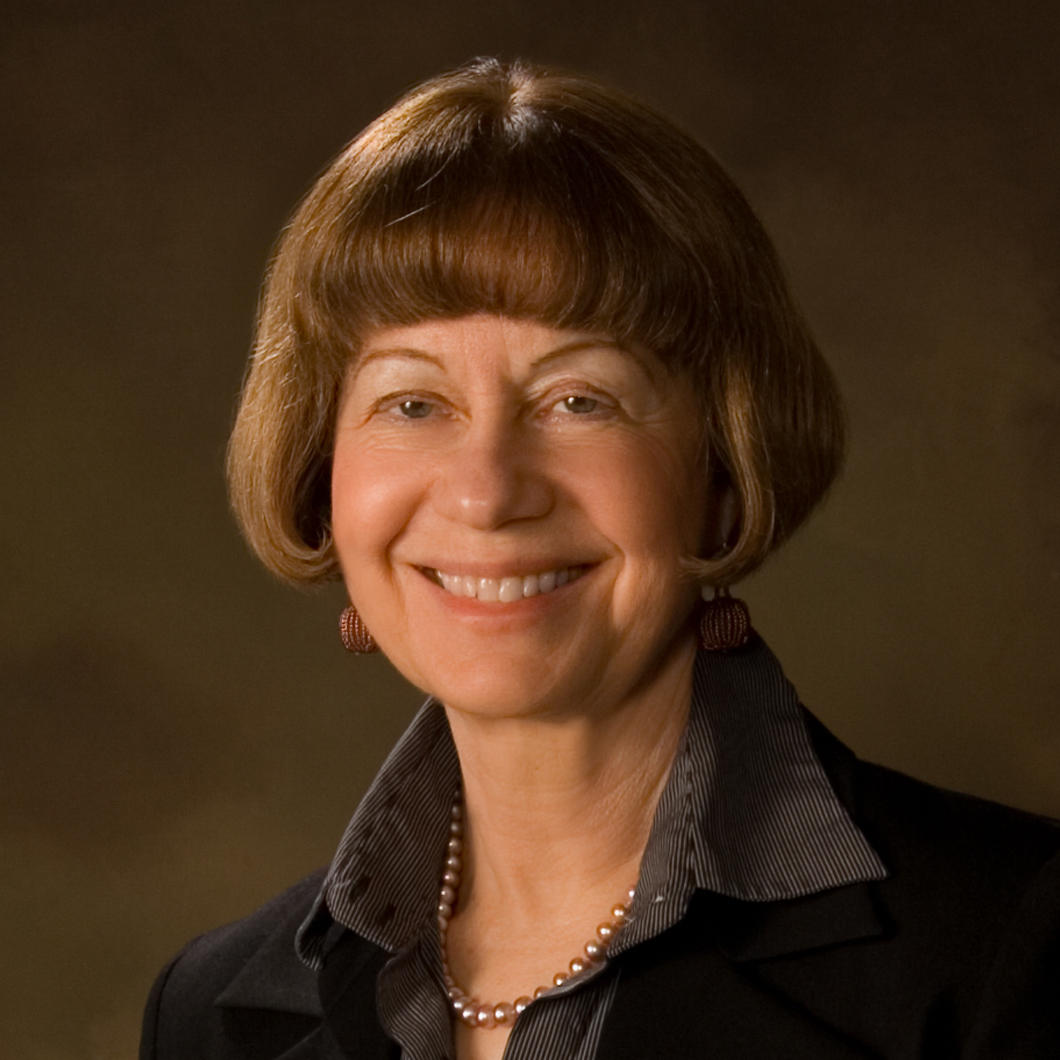
Recent research has focused on the development and international field validation of a new science-based GHG inventory model (CALMIM) for landfill CH4 emissions at any site worldwide inclusive of climate-driven CH4 transport & oxidation. Her publications include several dozen journal articles, book contributions, and refereed reports.
In 2007 she was the coordinating lead author for the “Waste Management” chapter of the Intergovernmental Panel on Climate Change (IPCC) 4th Assessment Report for Working Group III [Mitigation of Climate Change], for which she shared in the 2007 Nobel Peace Prize given to IPCC. Other honors include the University of Illinois Distinguished Alumni Award (2009), Lawrence Lecturer (2008) for the Solid Waste Association of North America (SWANA), and the Argonne Exceptional Achievement Award (1992). She has worked extensively with U.S. and international PhD students and international committees affiliated with IGAC-IGBP and the IEA. She holds BA, MS, and PhD degrees in geoscience with emphasis on hydrogeology and soil gases.
Josep FERNANDEZ, Technical Director, Veolia Latin America and Iberia
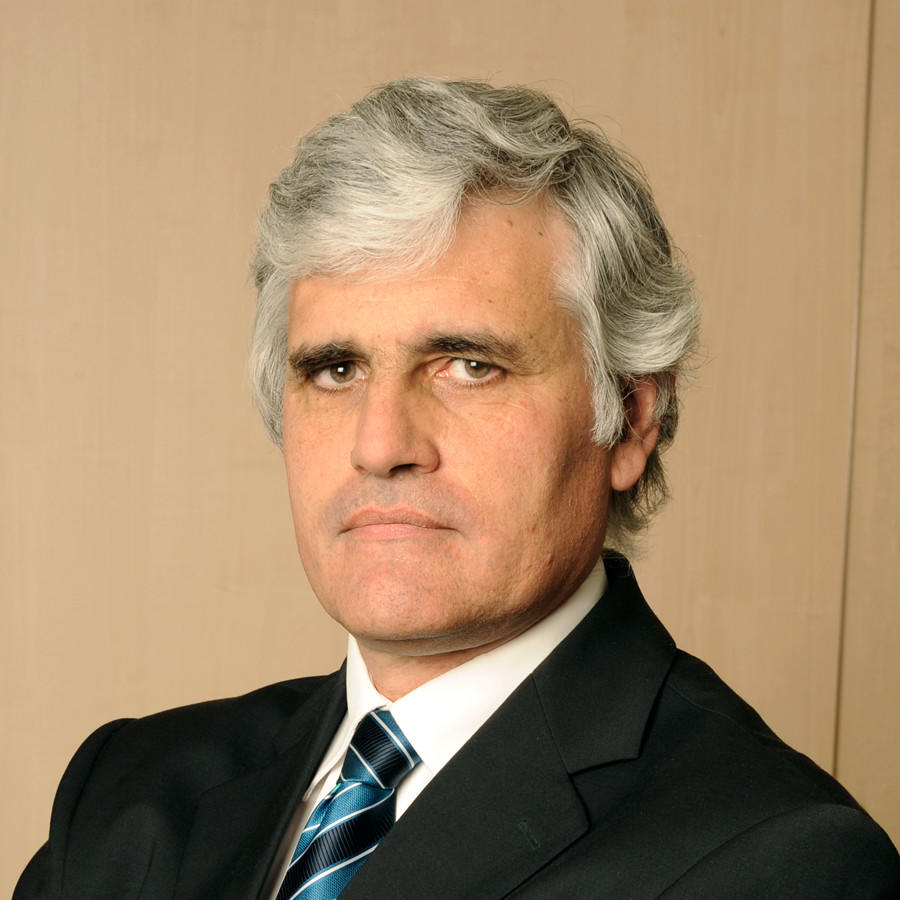
2007: Global Executive MBA, IESE Business School (Barcelona).
1981: Civil Engineer, Polytechnic University of Catalonia (Barcelona).
WORK HISTORY
2011-now: Technical Director Veolia LatAm & Iberia, subsidiary of Veolia, a worldwide leading environmental company in water & wastewater, waste activities and energy.
2008-2011: CEO and member of the Executive Committee of Interagua, municipal water & wastewater concession of Guayaquil (Ecuador). 2.400.000 hab.
2003-2008: Director for LatAm Water Division of group Proactiva (50% Veolia / 50% FCC).
2000-2003: CEO of the contract for the maintenance of the water networks in Caracas (Venezuela).
1997-2000: CEO of “Aguas de Monagas” (Maturin, Venezuela). Private management contract of a public Venezuelan water company. Pilot project of the World Bank.
1994-1997: CEO of “Aigües de Lleida” (Lleida, Spain). Municipal water & wastewater concession, subsidiary of the Spanish company FCC.
1982-199: Senior technician, qualified civil servant, Lleida (Spain) town hall. Manager of the water & wastewater municipal services.
MISCELLANEOUS
1985-1993: Environmental Consultant Engineer.
1988-1990: University professor. Agronomical Engineering University Lleida.
1991-1994: Founder of Business Management courses ESADE in Lleida.
John PARKIN, Deputy Head Plant & Engineering in the Cleansing & Solid Waste Department (DSW) of eThekwini Municipality
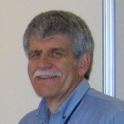
He is a registered Professional Engineer.
John started his career with Consultants, after a short stint he moved to the then Durban Corporation in 1979 and has worked in various sections, Structures, Construction, Housing and finally moved to the Sanitation Branch in 1988. Which has since had several name changes.
John has 27 years experience in the Waste Management Industry. His specific areas of competence are Landfill, Transfer Stations, Fleet Management, Research and more recently CDM, landfill gas extraction and waste treatment technologies.
He currently holds the position of Deputy Head : Plant & Engineering in the Cleansing & Solid Waste Department (DSW) of eThekwini Municipality.
Gaël GIRAUD, Chief Economist, Agence Française de Développement
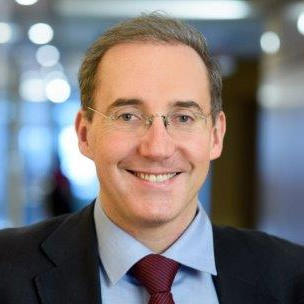
He is the coordinator of the Research team “Riskergy” on Energy resilience and sovereign debt, as well as a member of the Scientific Committee of the “Laboratoire d'Excellence” devoted to financial regulation (LabEx ReFi). He was member of the Expert Committee on the National Debate about the Energy Shift for the French government. He holds the chair “Energy and prosperity” supported by Louis Bachelier’s Institute. He is also a member of the European NGO Finance Watch and the Nicolas Hulot Foundation.
Gaël Giraud Is Jesuit. A former fellow of Ecole Normale Supérieure in Paris, of ENSAE (Ecole Nationale de la Statistique et de l’Administration Economique) and of CORE (Center of Operations Research, Louvain-la-Neuve, Belgium), he earned his Ph.D. at the Laboratoire d’Econométrie de l’Ecole Polytechnique in 1998. In 2009, he was nominated as Best French young economist by Le Monde/Le Cercle des économistes.
Thomas STOCKER, Professor of Climate and Environmental Physics at the Physics Institute, University of Bern
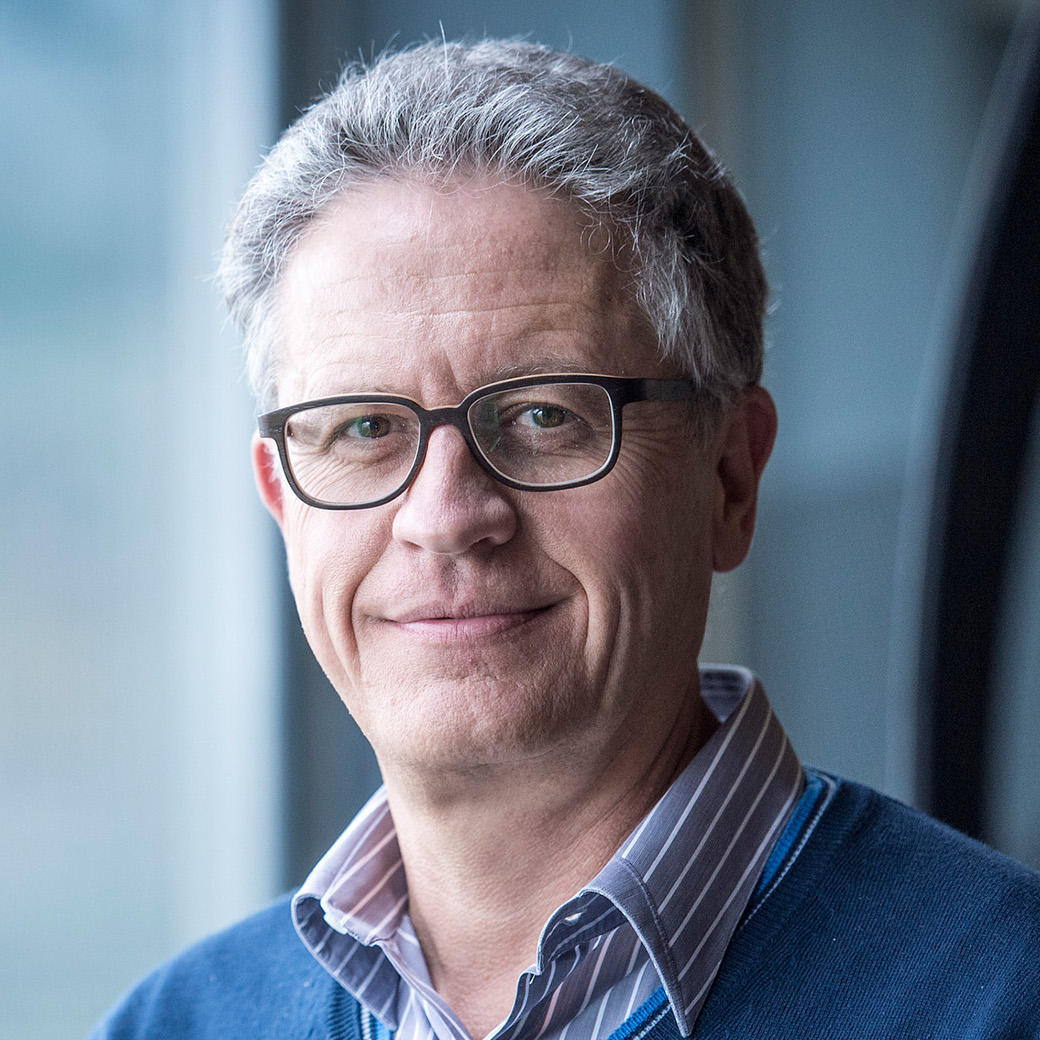
His research encompasses the development of climate models of intermediate complexity, modelling past and future climate change, in particular abrupt climate change and its effects on the ocean, and the reconstruction of greenhouse gas concentrations based on ice cores from Greenland and Antarctica. This has resulted in the definitive CO2 and CH4 records of the past 800,000 years, still a world record.
Thomas Stocker has authored or co-authored over 200 peer-reviewed papers in the area of climate dynamics and paleoclimate modeling and reconstruction. After more than 10 years of service in the UN Intergovernmental Panel on Climate Change (IPCC) was elected Co-Chair of Working Group I of the IPCC in 2008. The comprehensive assessment report Climate Change 2013: The Physical Science Basis was approved by the governments on September 27, 2013. Thomas Stocker was awarded a Dr. Honoris Causa of the University of Versailles (France) in 2006 and the Hans Oeschger Medal of the European Geosciences Union in 2009. In 2012 he was elected Fellow of the American Geophysical Union, and he is a Foreign Member of the Accademia Nazionale dei Lincei.
Pierre Marc JOHNSON, Former Premier of Quebec, chief negotiator for the Government of Quebec in CETA
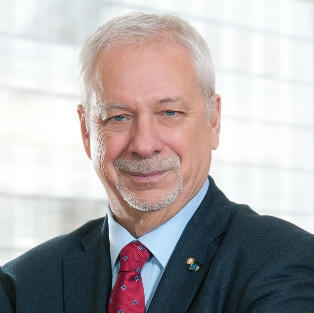
A former Premier of Quebec, Pierre Marc Johnson, a lawyer and physician, is recognized for his expertise in international trade negotiations and international partnerships as well as environmental law, health law, and public policy. Since 2009, he has acted as chief negotiator for the Government of Quebec in the Comprehensive Economic and Trade Agreement between Canada and the European Union (CETA) as well as in the softwood lumber dispute between Canada and the United States.
Mr. Johnson has been a lead counsel and strategic advisor to international partnerships during trade negotiations with respect to investments, new information technologies, biomedicals, entertainment, and financial products. He has extensive experience in international negotiations with the United Nations on environment and development issues. He has advised the Commission for Environmental Cooperation (CEC), an international organization created by Canada, Mexico and the United States under the North American Agreement on Environmental Cooperation (NAAEC). In 2003, he chaired a similar effort for the Conference of the Parties to the United Nations Convention to Combat Desertification (UNCCD).
Co-author of The Environment and NAFTA — Understanding and Implementing the New Continental Law, published by Island Press, and of Beyond Trade: The Case for a Broadened International Governance Agenda, he has also penned numerous essays and articles on international trade, globalization and the environment. His expertise and experience enable him to act as counsel for both domestic and foreign governments and institutions, to take part in the proceedings of advisory committees and to speak on the phenomenon and impact of globalization.
He has served as a director or member of the advisory committees of about 20 major corporations. He currently serves on the board of directors of corporations that are active in the biopharmaceutical, motion picture production and mining industries.
Mr. Johnson holds an honorary doctorate from Université Claude Bernard Lyon I, France. He is a Fellow of the Royal Society of Canada, Grand Croix of the Ordre de la Pléiade recipient and Grand Officer of the Ordre national du Québec. He has also been recognized as one of Canada’s leading lawyers in the area of International Arbitration in the 2012, 2013, 2014, 2015 and 2016 editions of The Best Lawyers in Canada (Woodward/White).
Subject of the conference :
The Veolia Institute will organize, in association with the Agence Française de Développement and the Prince Albert II of Monaco Foundation, an international conference on innovative solutions to reduce methane emissions. The Veolia Institute and its partners intend to contribute to the forthcoming COP21 by sharing concrete solutions that can be implemented in the short term. This conference has the institutional support of the French government illustrated by the official "COP21" label.
Participants will exchange scientific knowledge, explore available mitigation options in the major emitting sectors—agriculture, oil and gas and waste—and discuss economic and financial mechanisms that would facilitate the development of these solutions for meeting the climate challenge.
When: November 9, 2015 (9 am - 6.30 pm).
Where: Economic, Social and Environmental Council (ESEC) in Paris, France - 9, place d'Iena, 75116 Paris, France
Who: climate negotiators, policy makers, scientists/researchers, public and private operators, NGOs, students...
Attendance at the conference is free of charge and open to all.
Online registration is mandatory. No registration will be possible on-site.
The number of places is limited, register soon!

